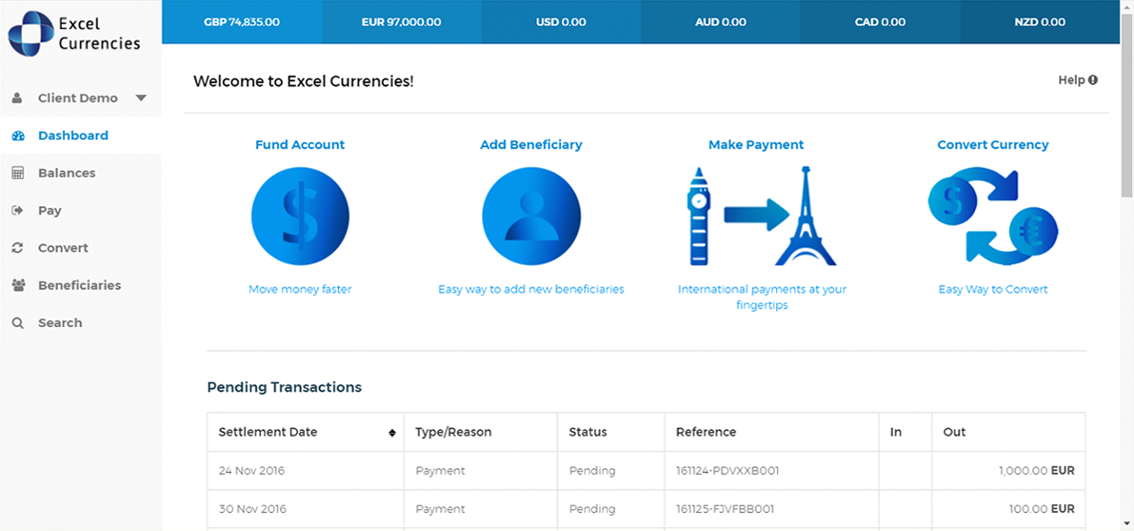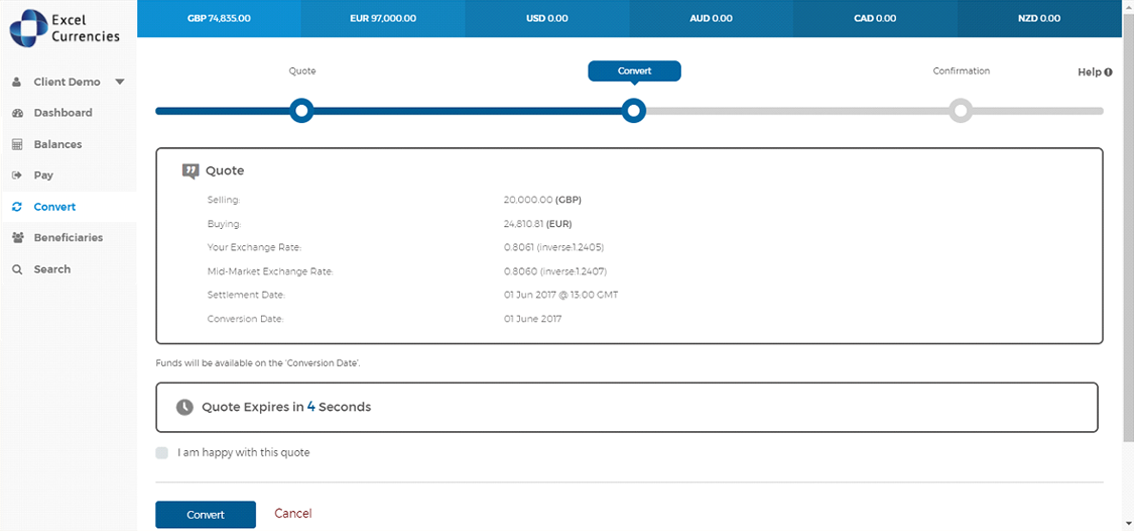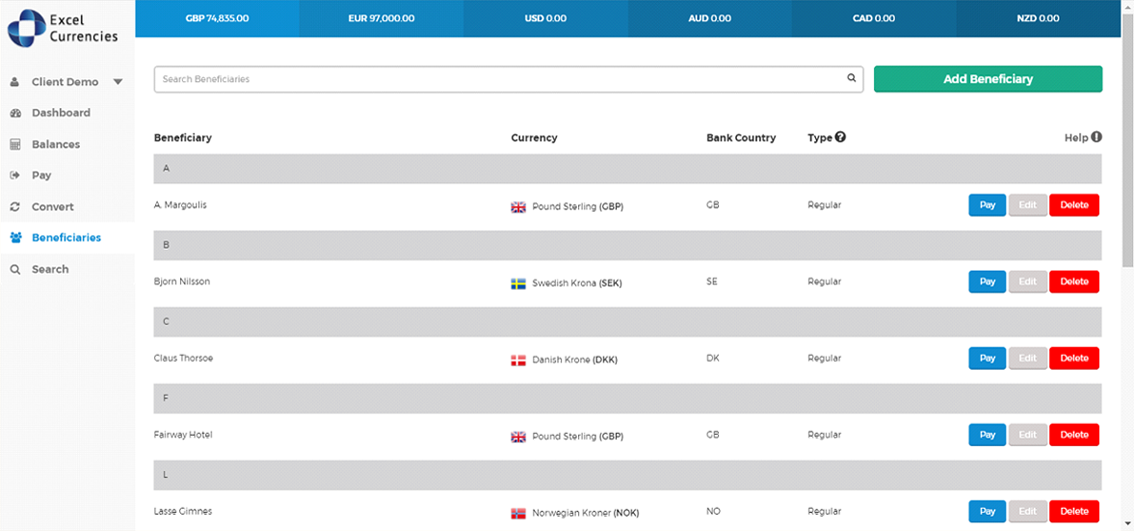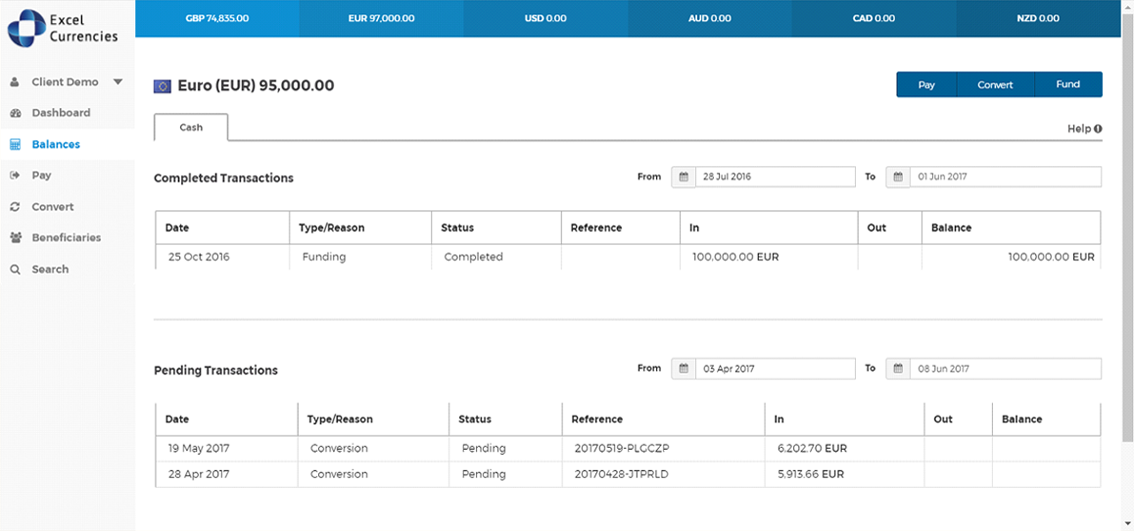What is a Forward Contract?

At the heart of any exchange rate risk management
strategy is the Forward Contract. This is a ‘buy now, pay later’ type of product
(more on this later) that buys you certainty in an uncertain market.
The Forward contract that secures the rate today
without having to use all your money to do so. A deposit (usually 10%) locks in
the rate today on the full amount you wish to exchange, so you don’t have to
worry and spend time watching where the rate goes.
Similar to finance offered by Klarna or Paypal etc where
you can buy something and pay for it over a period of time, a Forward Contract
offers the same flexibility. No credit checks are made, zero extra fees
on top and there is no interest to pay with a Forward Contract
A Forward Contract is classed as anything past SPOT.
Same-day, next-day and the day after (known as SPOT) are all classified as
immediate delivery of funds under the term SPOT (on the spot). A Forward
Contract is a type of ‘future’ and so works on a slightly different market.
A Forward Contract is determined by;
-
The current exchange rate at SPOT (normal
way of exchanging)
-
The interest rate difference between the
two currencies (UK v EU)
-
And the length of the Forward Contract
(the longer the contract is required for the lower the exchange rate achieved)
The Forward Contract is not a tool to drive financial reward. Its purpose is de-risking, protecting and buying certainty. The exact same as any insurance policy (travel insurance is the best example of this). You may not benefit from it, but if anything goes wrong, you will be mighty glad it was in place.
For best-in-class overseas payments, get in touch with us today. Our experienced traders are here to hold your hand through the world’s biggest market to ensure you don’t just survive, but you thrive in it.
Why use a Forward Contract?

Exchanging your money when it’s needed or when you decide
to get around to doing it, is a high-risk strategy.
Just like rolling the dice, sometimes you will win and sometimes
you will lose. During an average timeframe of an overseas property purchase (3-months),
the exchange rate can change by 3%. On a £200,000 exchange this is a difference
of £6,000.
96% of FTSE 500 companies hedge with a Forward Contract and
around 50% of all UK import-only businesses do the same. The reason is because companies
want to have more certainty over budgets and forecasts for the year and lower
their chances of any nasty surprises.
Most people that own their home have contents insurance,
yet only 2% of households will experience a domestic burglary or have a
scenario where they will need to make a claim. The probability of financial loss
on the FX market is over 50%.
Here are some important questions we will ask you when considering
whether a Forward Contract is for you –
-
How much do you need to send?
-
What is your budget in £ for this?
-
When is the payment deadline?
-
How long have you been looking at property
overseas for?
-
Do you have health, life or pet insurance?
-
Are you on a fixed, tracker or variable rate
for your mortgage?
-
What is your desired exchange rate?
-
What exchange rate is unappealing to you?
-
What is your risk appetite?
These questions will highlight many things to us about you
and we will be able to explain in monetary terms the impact of adopting
a ‘wait-and-see’ approach versus a Forward Contract.
When to use a Forward Contract?
Well, this depends on a broad spectrum of things such as;
Are you a medium to low-risk taker?
Is the exchange rate close to your budget?
Are forecasts looking negative on GBP?
How long will you need the contract for?
And the list goes on..
But really, it comes down to 3 things; can you get access,
or do you have access to an end currency bank account, will you 100% use the
funds regardless of your situation and do you know if and when you will have funds
ready by?
On the first point then, if you are exchanging £-€ and you
either have a € bank account yourself or one that we can pay into when
the time comes (a lawyers for example) then a Forward Contract will be
feasible.
On the second point, if for example you know that you 100%
want to purchase a property abroad (even if the one you are hoping to buy falls
through for whatever reason), then a Forward Contract will be feasible.
On the last point, not being accurate with when you
will receive money to set the end date of a Forward Contract or understanding how
long it takes to get the money sent over for a Forward Contract could prove
costly if needing to extend the Forward Contract.
What you don’t want to do is end up in a situation where you have secured a Forward Contract, but you have nowhere to send the Euros to or you no longer need the Euros and so need to sell the trade back, which will leave you in either a loss or profit position.
Discover how Excel Currencies can save you time, money and stress on your overseas currency payments.
How to use a Forward Contract?

There are 3 different Forward Contracts that we offer and
they are;
FIXED FORWARD CONTRACT - Suitable for those that know how much they
will need to spend in the future and on which date it will be required for. The
main type of Forward Contract used by overseas property buyers.
PARTIALLY OPEN
FORWARD CONTRACTS -
Allows for pre-delivery within a set period during the term, typically this is
a 1-2-month window towards the end of the forward contract value date. If the
date you require the funds to be available is not fixed and you need some
flexibility on the date, this is the forward contract for you.
OPEN FORWARD CONTRACTS - Offers complete flexibility on drawdowns. This is a great product for businesses that regularly have a need to send money overseas.
Your account manager will discuss with you the best
option in your circumstance and explain the process of the Forward Contract
when the time comes. A trade confirmation email will show the relevant details
(amounts, dates etc) you need once a trade has been placed on your behalf.
The top 5 PROS of a Forward
Contract
- Takes exchange rate risk off the table and provides certainty
-
Know exactly what the payment is going to
cost you, no surprises
-
Allows you to lock in a rate without having/using
100% of your money
-
Earn interest on the rest of your money left
in your own account/s
-
Saves you time, stress & worry from
future rate movements
The top 5 CONS of a Forward
Contract
- If the rate goes up, you do not achieve the new better rate
-
You receive a slightly lower rate compared
to a SPOT trade
-
The longer the contract, the lower the
rate offered
-
Extending or cancelling will typically
incur a fee
-
A deposit of (usually) 10% is required
Who can use a Forward Contract?

Anyone has access to a Forward Contract with a specialist
Currency company like Excel Currencies. Banks offer this product to large
business customers only and DIY online FX companies don’t have the capability
to offer a Forward Contract.
In our experience, 8 out of 10 customers purchasing
a property abroad opt for a Forward Contract. The ones that choose not to tend
to be very comfortable with risk, have no £ budget for the project whatsoever
or have run out of time for the Forward Contract to be much use to them.
Forward Contracts can be booked up to 12-months (longer
can be offered on a case-by-case basis) with 5-days being the shortest
timeframe. The minimum amount to open a Forward Contract is £20,000 and
there is no maximum amount.
A Forward Contract can be used for the total amount you
require to buy, most of it, half or some of what you need. If for example you want
to exchange in total £200,000 to Euros. A Forward Contract can be used on say
£50,000 or £100,000 or £150,000 of the £200,000 required, it doesn’t have to be
used on the total amount you need.
Medium risk takers and those
with a more flexible budget often use a Forward Contract to ‘hedge their
bets’. This allows the customer to limit their exchange rate risk by locking in
a fixed amount of what they require now, leaving a smaller overall figure to
see what happens closer to their deadline.
Hedging is a very powerful play on the market and it’s something humans recognise in everyday life and are therefore comfortable with it. In essence, hedging is ‘not putting your eggs into one basket’. Hedging with a Forward Contract is extremely popular and certainly something to consider on large exchanges if your risk appetite, budget and the rate forecast allows.
If you want to witness how powerful a Forward Contract can be, please use our currency risk calculator for free here -
https://www.excelcurrencies.com/forward-contract
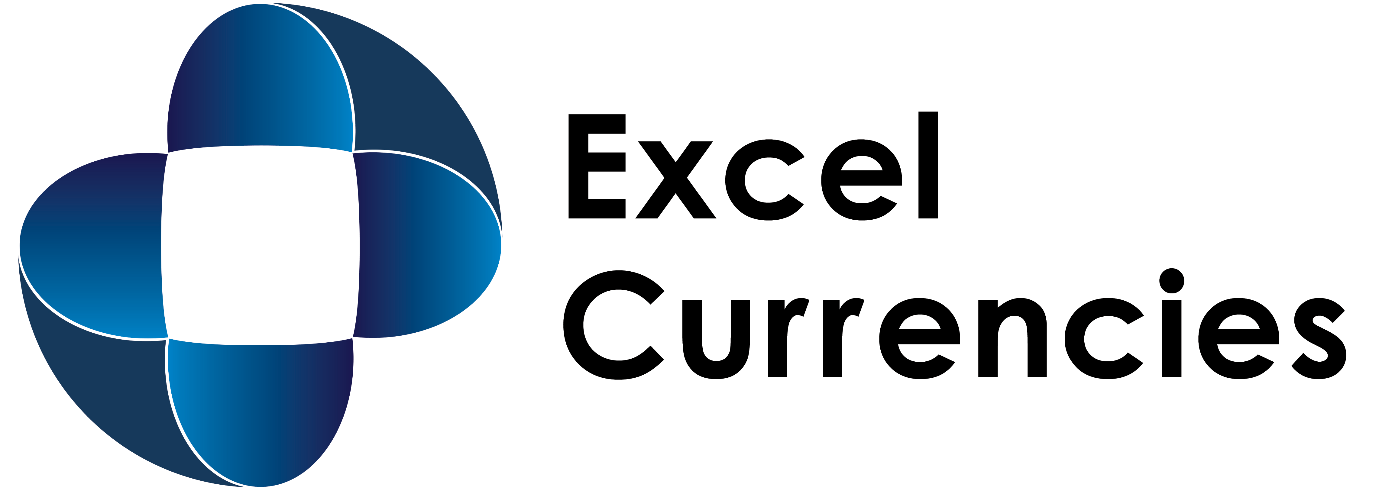
Find out how we can help you with a Forward Contract by calling us on 01322 221 121 or email us at info@excelcurrencies.com.

 Twitter
Twitter Facebook
Facebook linkedin
linkedin Google
Google





